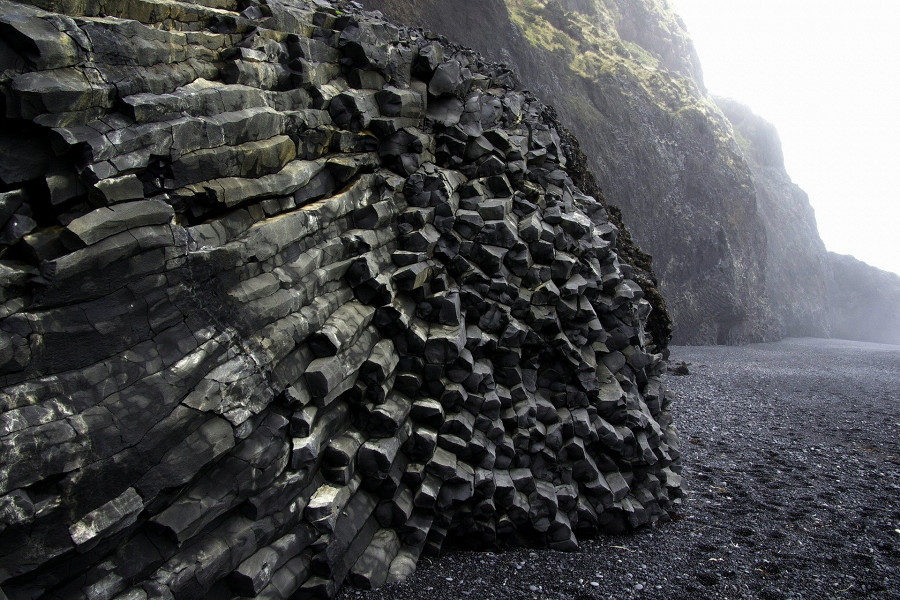RETAKE (CO2-removal through marine alkalinity enhancement: potential, benefits, risks).
The project examines whether and under which circumstances marine alkalinity enhancement can be a viable process to remove CO2 from the atmosphere, storing it safely in the ocean. Similarly, impacts on fish stocks, fisheries, and food security will be examined.
Given the rapid increase in the atmospheric CO2-concentration during the last decades, geoengineering techniques such as ocean alkalinization are being investigated. This process is expected to prompt an enhanced flux of CO2 from the atmosphere into the ocean, reducing atmospheric CO2-concentrations. The national joint project RETAKE is investigating the potential, feasibility, and side effects of different options for atmospheric CO2-removal through marine alkalinity enhancement. For this purpose, different mineral alkalinity sources are examined with respect to dissolution kinetics, CO2-sequestration potential, and chemical and biological risks. Under realistic laboratory conditions, alkalinity enhancement will be explored for benthic and pelagic systems of the North and Baltic Sea. The outcome will be extrapolated to global scales.
RETAKE is part of the DAM-research mission "Marine Carbon Sinks in Decarbonization Pathways" and is implemented in collaboration with a total of eleven partner institutes. Here, the Center for Ocean and Society investigates how the increase in alkalinity will affect environmental conditions for fish stocks, fisheries, and global food security. In addition, new socio-ecological adaptation pathways for fisheries under the impacts of alkalinity increase will be developed.
The main objective of the project is to provide well-grounded scientific information on the feasibility of marine alkalinity enhancement for CO2-removal under a holistic consideration of ecological, economic and legal aspects as well as the weighing of potentials and risks. Thus, relevant knowledge for responsible decision makers is created and in the best case a positive contribution to the achievement of the UN-goals is made.
Project partners: GEOMAR Helmholtz-Zentrum für Ozeanforschung Kiel [lead], Alfred-Wegener-Institut/ Helmholtz-Zentrum für Polar- und Meeresforschung (AWI), Helmholtz-Zentrum Hereon, Leibniz-Institut für Ostseeforschung Warnemünde (IOW), Institut für Weltwirtschaft (IfW), Leibniz-Zentrum für Marine Tropenforschung (ZMT), Potsdam Institut für Klimafolgenforschung (PIK), RWTH Aachen, Universität Bremen, Universität Hamburg, Universität Kiel


Funding:
Bundesministerium für Forschung, Technologie und Raumfahrt (BMFTR)
Term:
8/2021-7/2024